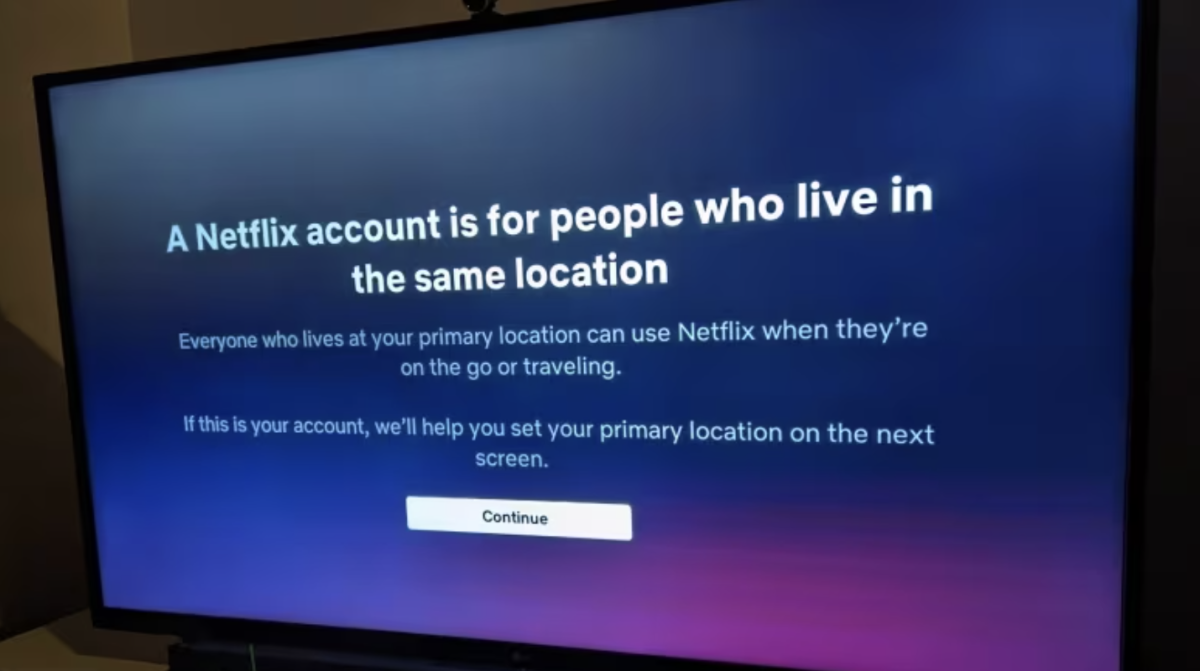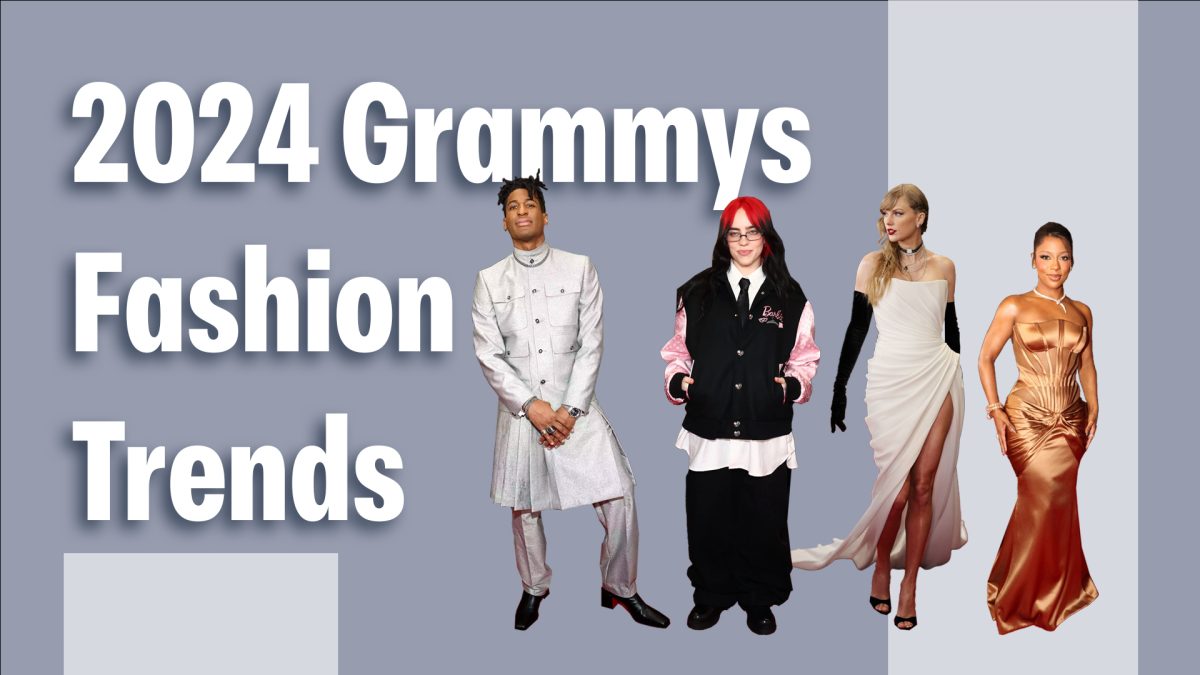Katie Sittig-Boyd
Staff Writer
Having read several books, watched documentaries, and attended various workshops on sexual education, I have found that it is typical for educators to use binaristic terminology in their presentations.
There are likely several people in the audience whose gender identities match the sexual organs they are “expected” to have, but for those individuals who are not comfortable with being addressed as “women” and assumed to have vaginas, sitting through educational talks is not only uncomfortable: it is an act of misgendering students.
However, sexual education isn’t just for people who are comfortable with being called “men” or “women”; sexual education is for everyone, even people who are not sexually active and plan on never becoming so.
Many recent Simmons programs, including LoveFest and a recent panel on safer sex (co-sponsored by Good Vibrations) did an excellent job at using gender-neutral language in their sexual education programs, providing students with comprehensive information about consent, safer sexual practices, and the importance of communication with partners.
Having conversations about health, especially topics considered “taboo” in accordance to outdated society, is increasingly important, especially since misinformation can have increasingly negative effects on people’s lives.
It is equally important to make sure that spaces in which these discussions are held use language that is relevant to all attendees, so that students of all gender identities feel that they can learn and ask questions without being misgendered.
Many Simmons staff members and student leaders are making an increased effort to create spaces that are educational and safe for students. Asking about the pronouns students use is a great first step, and avoiding language similar to “male” or “female” is just as important.
However, while educational settings tend to use more gender-neutral language, informal student discussions are not always as inclusive. Recently I have had several conversations relating to sexual health and education which have included cringe-worthy statements such as “all women menstruate” or “individuals who want to be trans,” and so on.
In fact, one nursing student went as far as to say in one such conversation, “I understand why people would want to be trans women or trans men, but I don’t understand why nonbinary students make such a big deal about gender.” She then elaborated on how there are “only two” sets of genitalia, and at that point I was already writing a Treatise on How To Avoid Misgendering Students.
Health is more complex than whether someone is “male” or “female” (quotations used with heavy sarcasm). While individuals who have or lack certain anatomical features, such as breasts, may or may not be at risk for specific medical problems, there is no reason to gender medical discussion. “People with breasts” makes a great alternative to assuming an associated gender.
Of course, the issue is more nuanced than this. For instance, some argue that educating based solely on body part is actually an act of objectification, since “person with vagina” sounds clinical in comparison to the tried-and-true “woman.”
However, assuming someone’s gender based on their physical characteristics is also objectifying, unnecessary, and unproductive, especially in open discussions about sexual health.
Developing spaces in which students feel safe to learn about their bodies is crucial, whether it is in regard to sexual encounters or simply in relation to general health practices. We as students must ensure that the language we employ is not misgendering other students, especially in discussions of health.


























